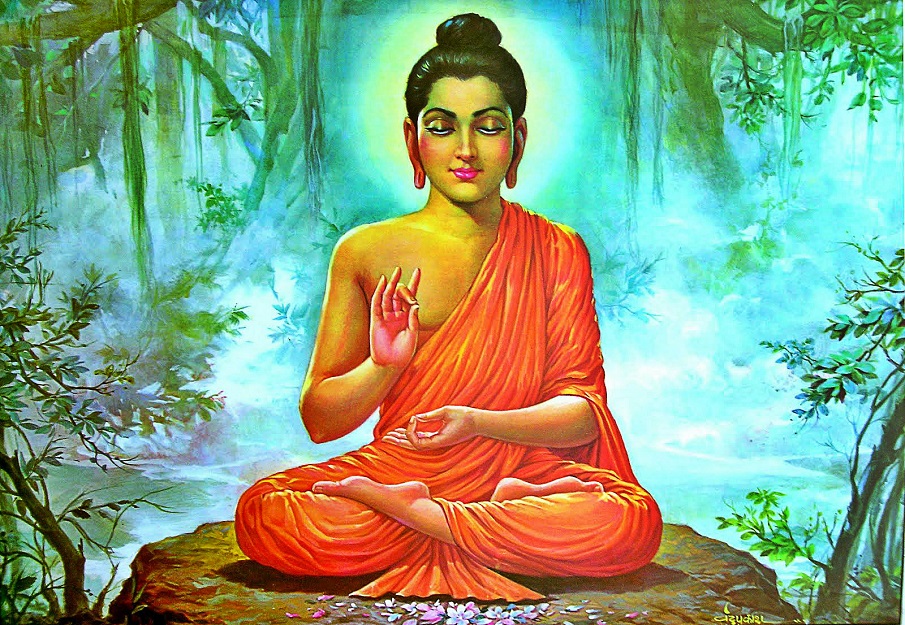Because of the many sages, venerables, ascetics, and holy ones who passed their place, the Kalama people were in a state of confusion.
They were confused because all the teachings that these wise masters shared were contradictory.
At some point in our life, we may happen to be in a state of confusion like the Kalama people.
To gain insight of the truth, the Kalama people decided to ask The Buddha what to believe in.
The Buddha did not give them the answer they expected. Instead, he told them what they should NOT believe in.
While there’s no need for us to become officially disciples of Buddha, finding truths from his teachings may give us a glimpse of enlightenment.
9 Things People Should Not Believe According To The Buddha
1. Do not believe anything on mere hearsay. The ability to question and test one’s beliefs in an appropriate way is called appropriate attention. The ability to recognize and choose wise people as mentors is called having admirable friends.
2. Do not believe in traditions merely because they are old and have been handed down for many generations and in many places.
3. Do not believe anything on account of rumors or because people talk a great deal about it.
4. Do not believe anything because you are shown the written testimony of some ancient sage.
5. Do not believe in what you have fancied, thinking that, because it is extraordinary, it must have been inspired by a god or other wonderful being.
6. Do not believe anything merely because the presumption is in its favor, or because the custom of many years inclines you to take it as true.
7. Do not believe anything merely on the authority of your teachers and priests.
8. Do not believe in assumptions. But, whatever, after thorough investigation and reflection, you find to agree with reason and experience, as conducive to the good and benefit of one and all and of the world at large, accept only that as true, and shape your life in accordance with it.
9. Do not believe in any doctrine just from reverence, but first, try it as gold is tried by fire.
Source: http://www.accesstoinsight.org/tipitaka/an/an03/an03.065.than.html;
